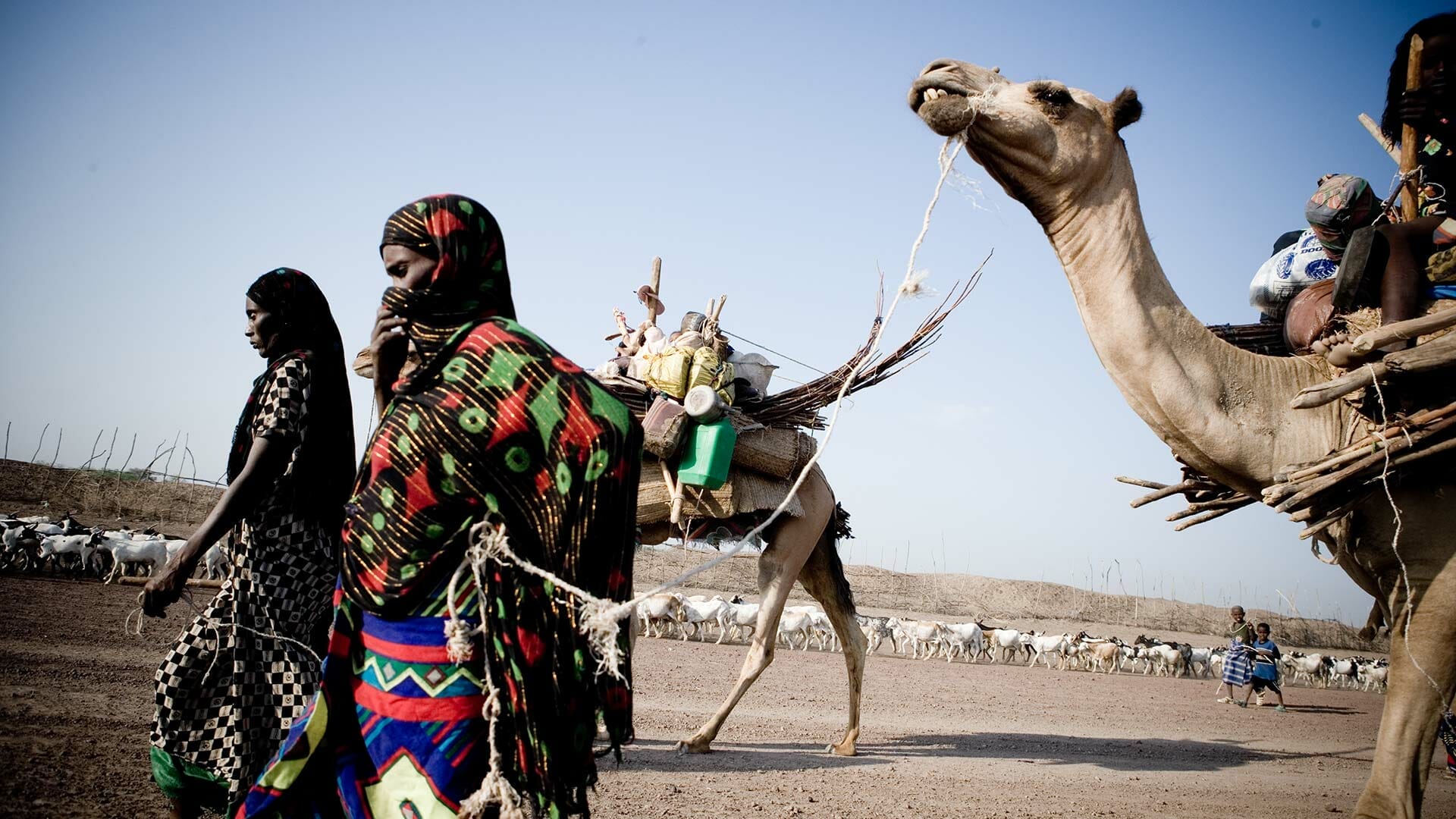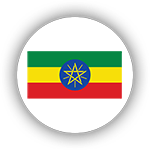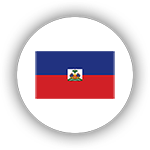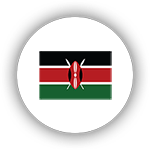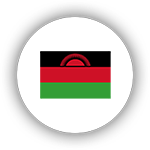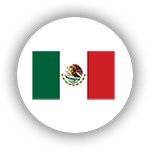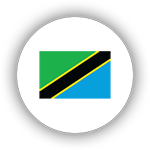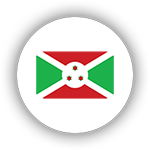Ethiopia is experiencing one of the worst food crises in decades due to recurrent drought conditions. Back-to-back failed rainy seasons have left already vulnerable families with no crops or rangeland to feed either themselves or their livestock. As many as 18 million people are at risk of hunger and disease.
With funding from the U.S. Agency for International Development (USAID), PCI is preparing to embark on a five-year initiative which seeks to build community resiliency to withstand and recover from climate and conflict-related shocks in some of Ethiopia's most vulnerable pastoral regions.
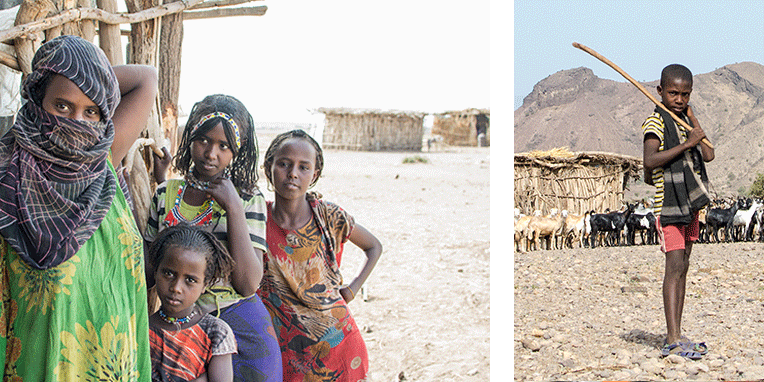
Building off more than a decade's worth of community-based, integrated health and development programming in-country, PCI's key strategies include:
- Improving pastoralists' ability to locate green pastures for their herds with AfriScout, PCI's mobile app-based service;
- Increasing access to livelihood opportunities for individuals transitioning out of pastoralism;
- Providing young women and mothers life and leadership skills through Women Empowered (WE) social and economic empowerment groups;
- Engaging the private sector to improve crop and livestock production and marketing; and
- Improving health and nutrition outcomes for women and children by leveraging best practices from proven behavior change approaches.
In 2019, a total of 133 people registered for the AfriScout app in Ethiopia. Over 67,650 square kilometers of grazing land and 24 woredas (districts) have been mapped through the service.
Lead image by Jeffrey Brown. Story photos by Tony Tseng.
